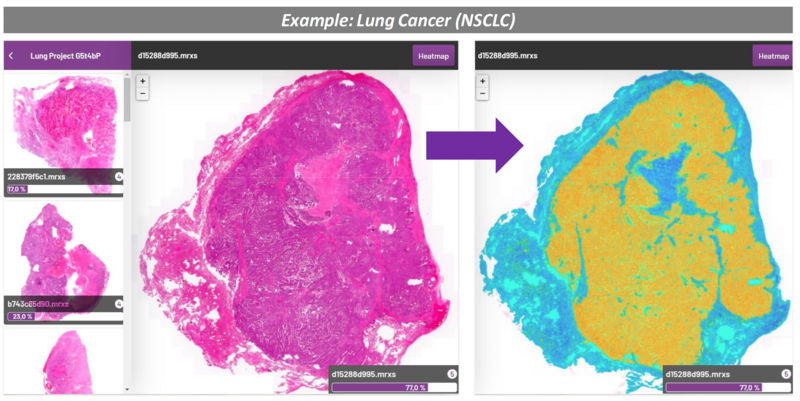Building Block for a Longer Life
Plant researchers identify key protein in a mechanism that controls the life of proteins
proteins are existential building blocks of life that also have numerous functions in plants. An average plant cell contains more than 20 billion protein molecules that maintain cellular metabolism and stabilise their structure. Researchers at the Centre for Organismal Studies of Heidelberg University recently shed light on a cellular mechanism that extends the life of plant proteins. They have now identified a key protein that regulates this mechanism, which is known as N-terminal Acetylation.

Symbolic image
Unsplash
N-terminal acetylation is a chemical label that appears when proteins are manufactured. To do this, plants attach an acetic acid residue at the beginning of the protein. This acetic acid residue protects the majority of proteins from breakdown by the so-called proteasome, which acts likes a type of molecular shredder. According to the Heidelberg researchers under the direction of Prof. Dr Rüdiger Hell and Dr Markus Wirtz, the now identified key protein is known as the Huntingtin Yeast Interactor Protein K (HYPK). It promotes N-terminal acetylation, thereby prolonging the life of plant proteins, which among other things is important for adjusting to environmental conditions.
To study the regulatory functions of the HYPK protein, the Heidelberg team used thale cress (Arabidopsis thaliana). The plant from the Brassicaceae family is a preferred model organism owing to its well-researched genome. Research on genetically altered plants has shown that the life of proteins is reduced when the HYPK protein is absent and N-terminal acetylation does not take place. At the same time, the plant’s resistance to ongoing drought rises. Rüdiger Hell: “Our current research is directed to finding out how this improved drought resistance comes about.”
In cooperation with researchers from the Chinese Academy of Sciences in Beijing (China) under the direction of Prof. Dr Yonghong Wang, the Heidelberg scientists also discovered that HYPK performs its regulatory function not only in thale cress but also in rice, one of the world’s oldest crops. The protein is also found in humans and in many fungi. “The mechanism involved in acetylation and its control by HYPK appears to be one that developed billions of years ago and has been retained in very different organisms to this day,” explains Markus Wirtz.
Original publication
P. Miklánková et al.: HYPK promotes the activity of the Nα-acetyltransferase A complex to determine proteostasis of nonAc-X2/N-degron-containing proteins. Science Advances (15 June 2022).
X. Gong et al.: OsHYPK-mediated protein N-terminal acetylation coordinates plant development and abiotic stress responses in rice. Molecular Plant (4 April 2022).
Most read news
Original publication
P. Miklánková et al.: HYPK promotes the activity of the Nα-acetyltransferase A complex to determine proteostasis of nonAc-X2/N-degron-containing proteins. Science Advances (15 June 2022).
X. Gong et al.: OsHYPK-mediated protein N-terminal acetylation coordinates plant development and abiotic stress responses in rice. Molecular Plant (4 April 2022).
Organizations
Other news from the department science

Get the life science industry in your inbox
By submitting this form you agree that LUMITOS AG will send you the newsletter(s) selected above by email. Your data will not be passed on to third parties. Your data will be stored and processed in accordance with our data protection regulations. LUMITOS may contact you by email for the purpose of advertising or market and opinion surveys. You can revoke your consent at any time without giving reasons to LUMITOS AG, Ernst-Augustin-Str. 2, 12489 Berlin, Germany or by e-mail at revoke@lumitos.com with effect for the future. In addition, each email contains a link to unsubscribe from the corresponding newsletter.
Most read news
More news from our other portals
Last viewed contents
GAL4/UAS_system
Allen's_test
Flux_balance_analysis
Bladder_exstrophy
Genedata and Axxam announce high throughput screening data analysis collaboration
Colcemid






















































